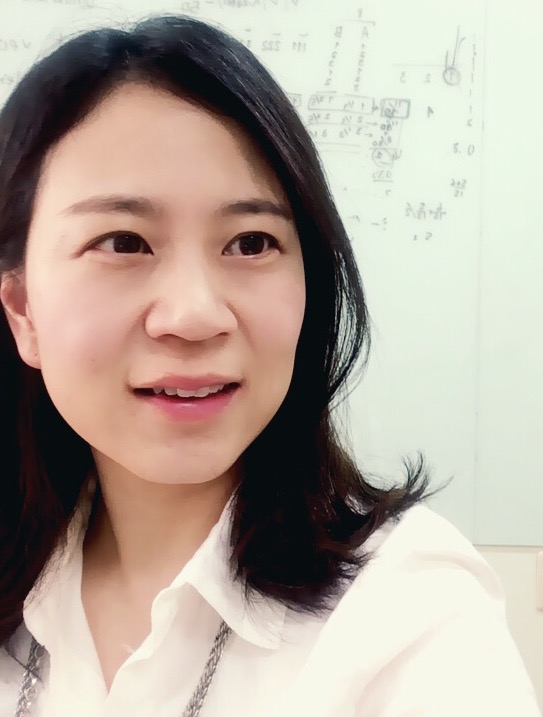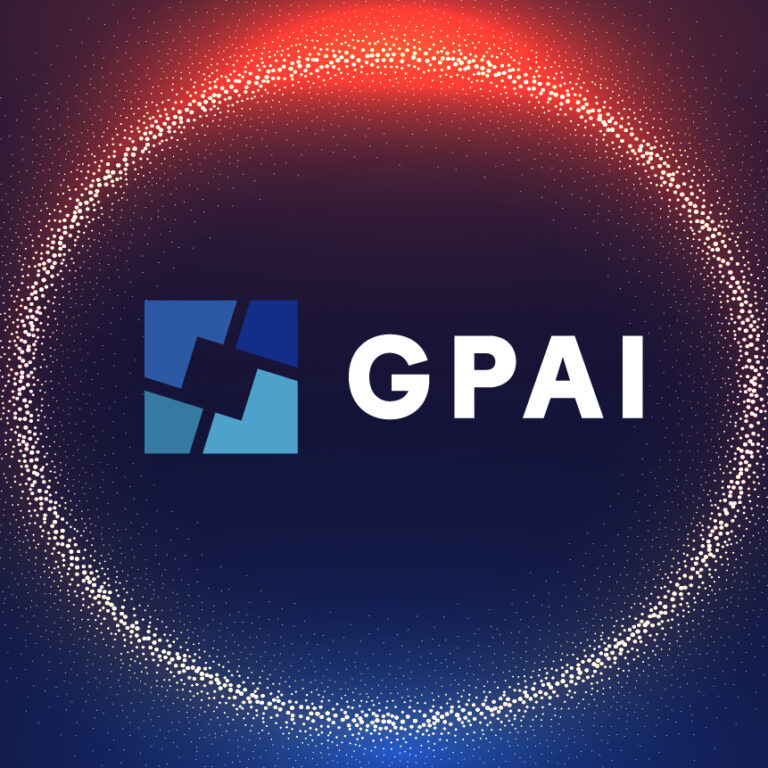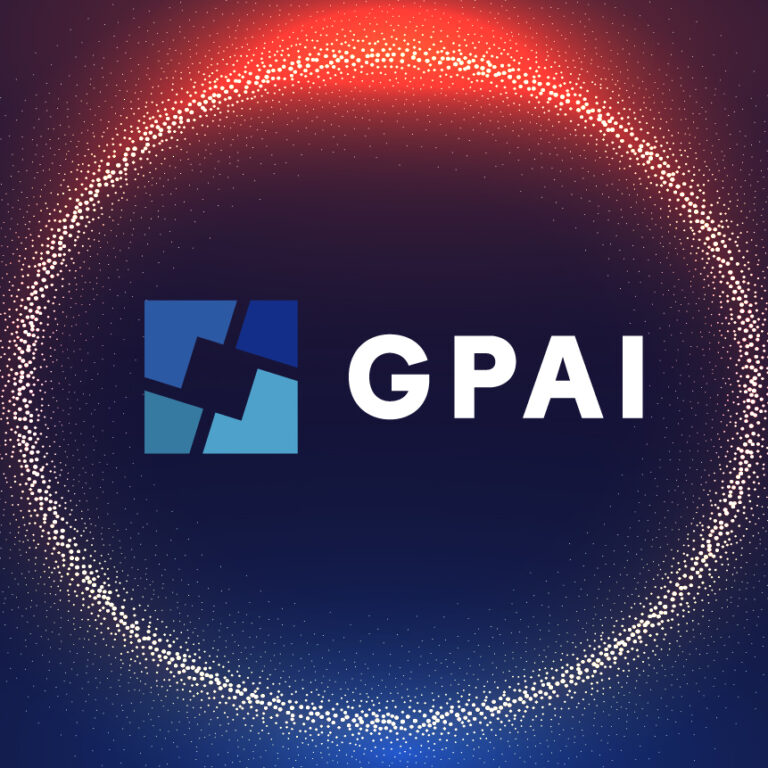“We found AI-based solutions to be more effective and accurate than solutions that did not use this technology”.
Alice Oh is Associate Professor in Computer Science at the Korea Advanced Institute of Science and Technology (KAIST) and Co-chair of the AI and Pandemic Response working group
What is the mission of your working group?
Our working group is tasked with answering the question: to what extent can AI be used to combat the significant and worrying threat posed by COVID-19 and prevent similar threats in the future?
How has AI been used in terms of pandemic response?
AI has been used for diagnosis, contact tracing, vaccine and drug development, and the provision of information about COVID-19. We found AI-based solutions to be more effective and accurate than solutions that did not use this technology. In the course of our work, we also found that there were a number of challenges around using AI to push back against the pandemic. These included the ability to collect useful data consistently and comprehensively, and systematic assessment of these AI-based solutions. We hope that our results will help us to improve AI-based responses to future public health crises.
What progress have you made in your AI for Public-Domain Drug Discovery and AI-Powered Immediate Response to Pandemics projects?
The AI for Public-Domain Drug Discovery project has issued a report containing a series of recommendations aimed to encourage AI-based research to discover new drugs for diseases of particular significance to public health.
This report highlights the importance of open data and suggests potential actions that governments could take to promote data sharing in the context of drug discovery. The AI-powered Immediate Response project focused on a list of existing initiatives that use AI in response to the pandemic. This list contains a number of promising initiatives from around the world.
What are the central recommendations of your roadmap?
The next major step for our drug discovery project would be to have multi-stakeholder discussions involving researchers, government policy makers and the relevant NGOs, including the WHO. Regarding the AI-Powered Immediate Response project, the next step would be to select a number of advanced initiatives and try to apply them in other regions.
What projects do you intend to develop in 2022?
Our ambition is to continue updating the existing list and conducting in-depth, multi-stakeholder discussions on the AI drug discovery project.



